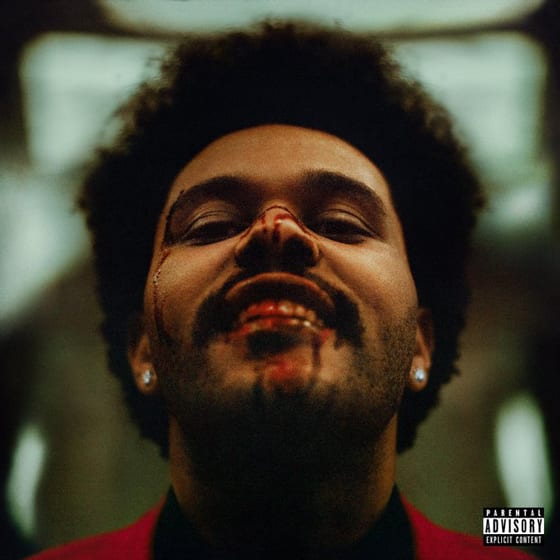The Weeknd has remained Toronto's biggest musical enigma since stepping out onto the scene with his House of Balloons debut in 2011. Despite initially wishing to keep his identity a secret, Abel Tesfaye has grown into a household name, acclimating himself comfortably among the models and superstars of the Los Angeles limelight.
Although the Weeknd may now be living in the public eye, his music has always allowed him to remain shrouded in mystery. The release of his fourth studio album, After Hours, has been teased as Chapter VI of his musical career since early 2018. And, typical to every one of his releases, early fans begged for this to be the one that revisits the same dark and melodic roots that made the mixtapes that comprised Trilogy such a success.
While the Weeknd's sound has veered off track from his early feel in the past, After Hours gives fans the closest taste to Trilogy that they will get. The 14-track LP touches upon themes of sex, infidelity, substance abuse and the mind of a man torn between life as a contemporary pop icon and a past life of crime and misguidedness. Even though the subjects may not be sung about with as much grit as they once were, they are certainly darker than the pop genre that's entrapped the artist in recent years.
Metro Boomin, Illangelo and Max Martin make up most of the producing credits on the tracklist. "Faith" and "Snowchild" are the initial standout songs, and, apart from the bookends that begin and conclude the album, there are no skips on After Hours.
The Las Vegas aesthetic that Tesfaye adopted as promo for the newest record is fitting. The album's use of '80s synth, occasional saxophone and an Elton John sample fit the air of the album that fans were anticipating. After all, After Hours does feel like the Weeknd's very own version of Vegas — a place where overindulgence, self-loathing and promiscuity are not only welcomed, but encouraged.
(Republic)Although the Weeknd may now be living in the public eye, his music has always allowed him to remain shrouded in mystery. The release of his fourth studio album, After Hours, has been teased as Chapter VI of his musical career since early 2018. And, typical to every one of his releases, early fans begged for this to be the one that revisits the same dark and melodic roots that made the mixtapes that comprised Trilogy such a success.
While the Weeknd's sound has veered off track from his early feel in the past, After Hours gives fans the closest taste to Trilogy that they will get. The 14-track LP touches upon themes of sex, infidelity, substance abuse and the mind of a man torn between life as a contemporary pop icon and a past life of crime and misguidedness. Even though the subjects may not be sung about with as much grit as they once were, they are certainly darker than the pop genre that's entrapped the artist in recent years.
Metro Boomin, Illangelo and Max Martin make up most of the producing credits on the tracklist. "Faith" and "Snowchild" are the initial standout songs, and, apart from the bookends that begin and conclude the album, there are no skips on After Hours.
The Las Vegas aesthetic that Tesfaye adopted as promo for the newest record is fitting. The album's use of '80s synth, occasional saxophone and an Elton John sample fit the air of the album that fans were anticipating. After all, After Hours does feel like the Weeknd's very own version of Vegas — a place where overindulgence, self-loathing and promiscuity are not only welcomed, but encouraged.
